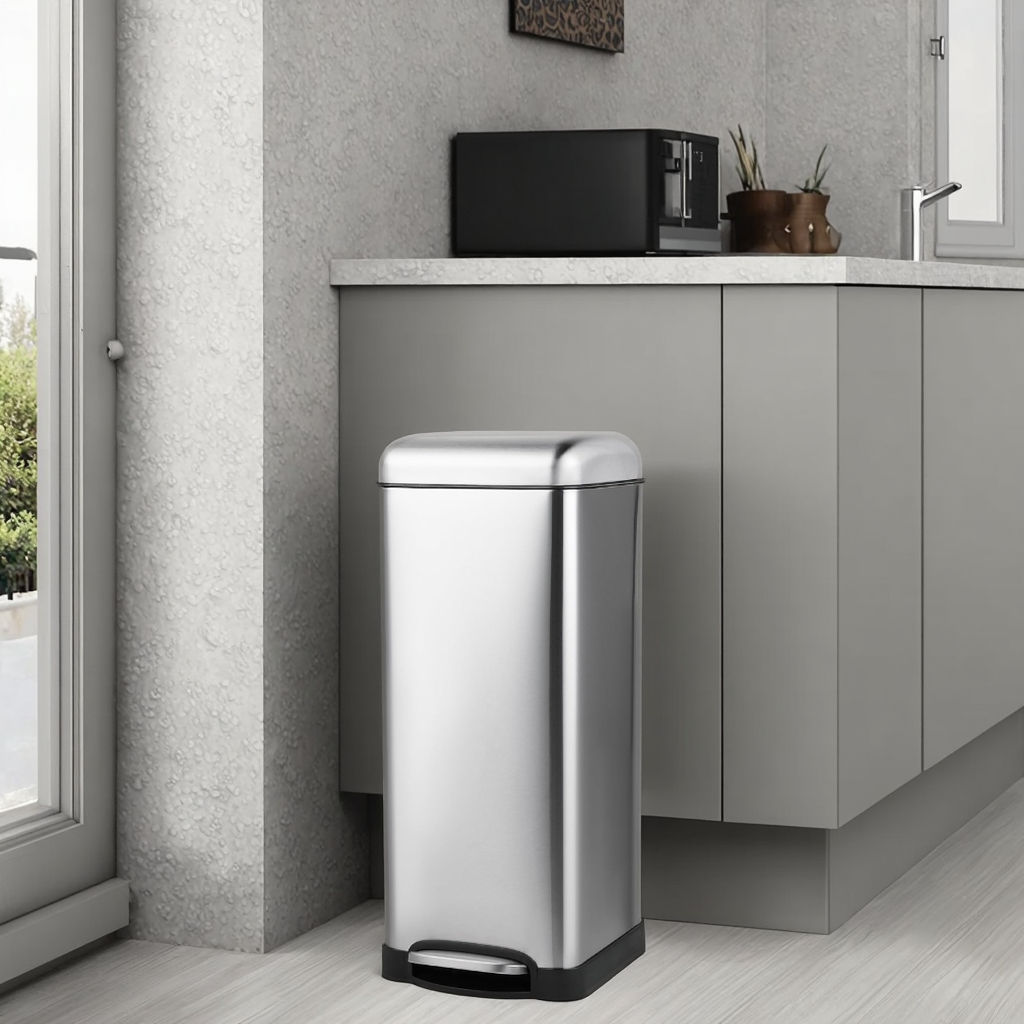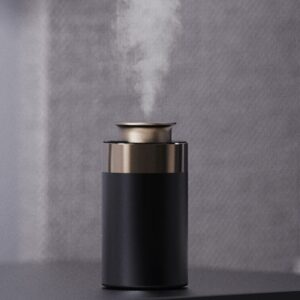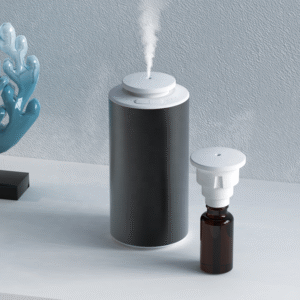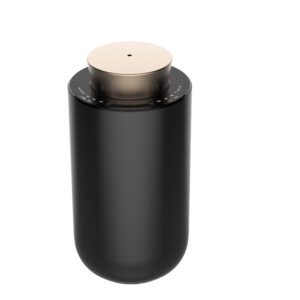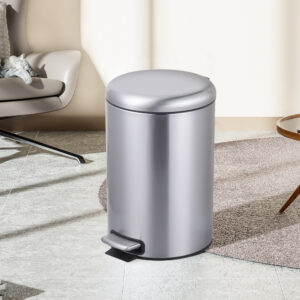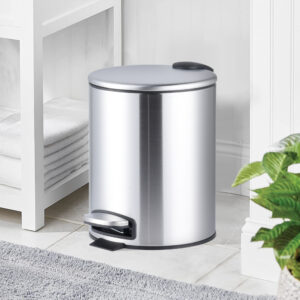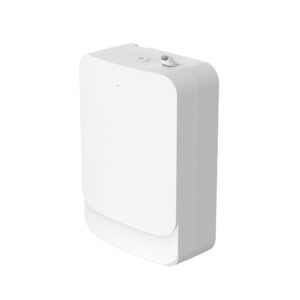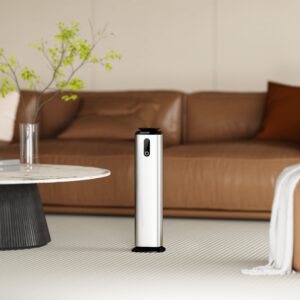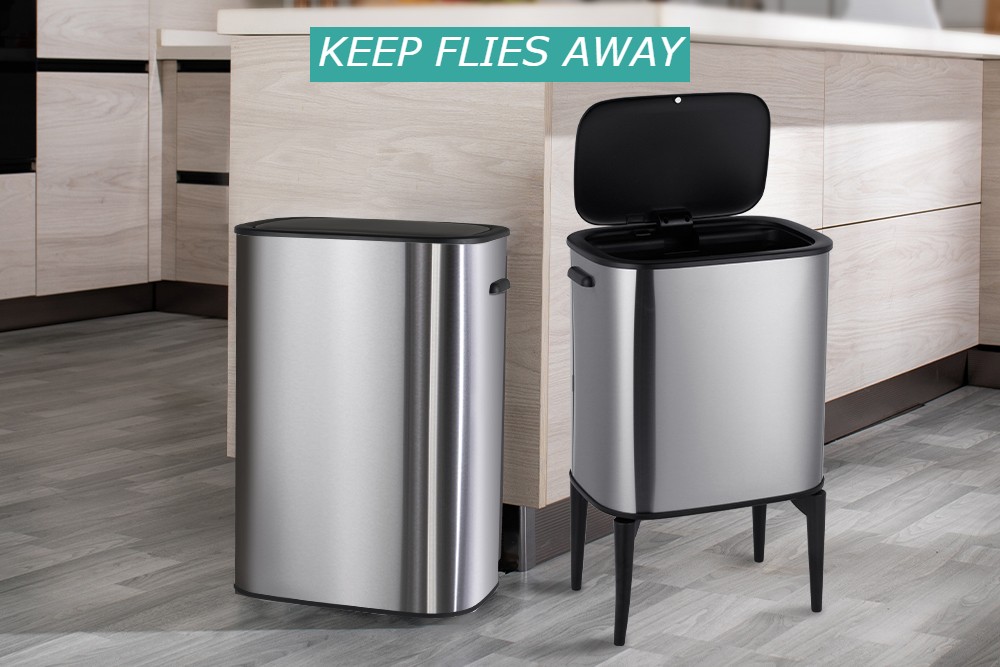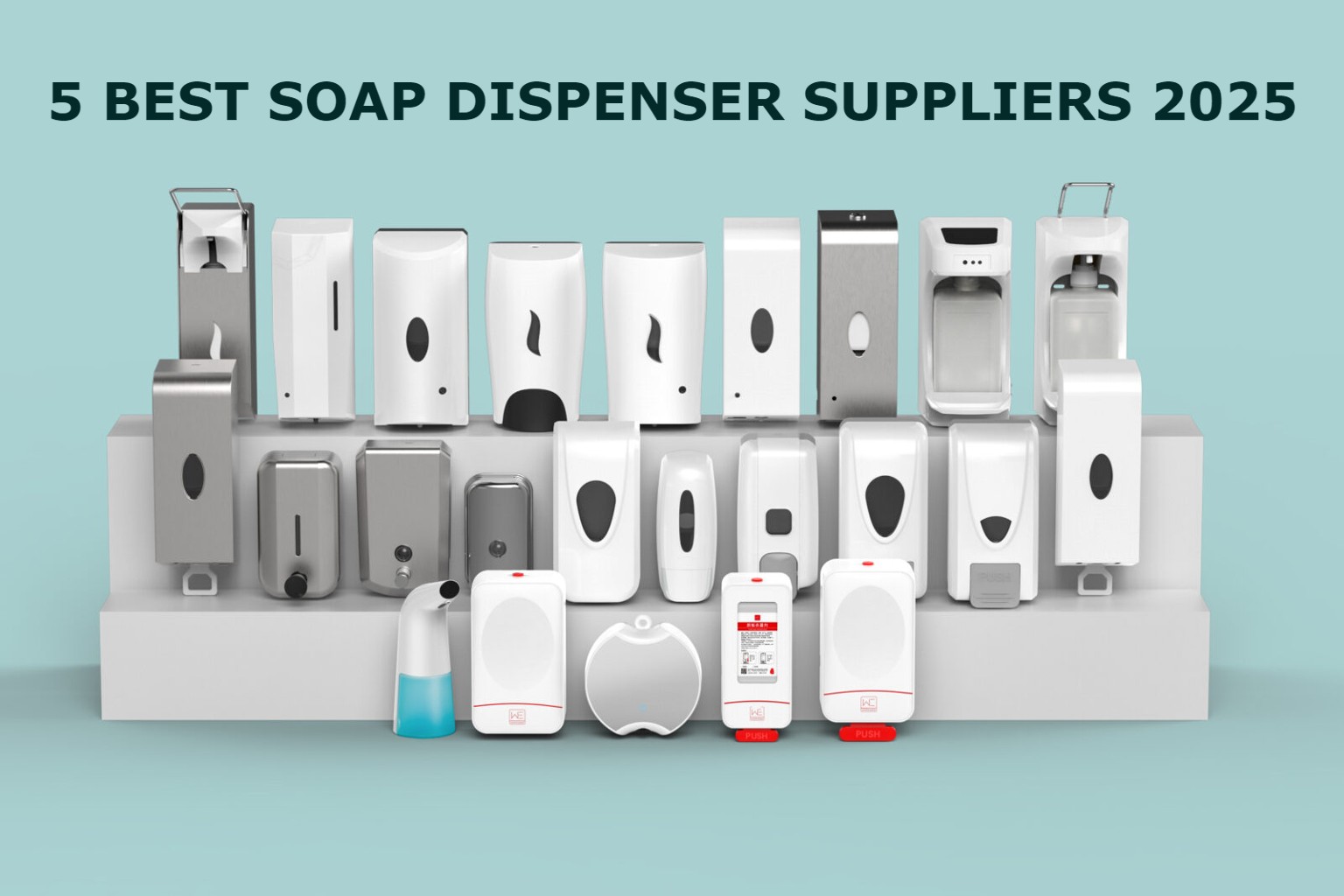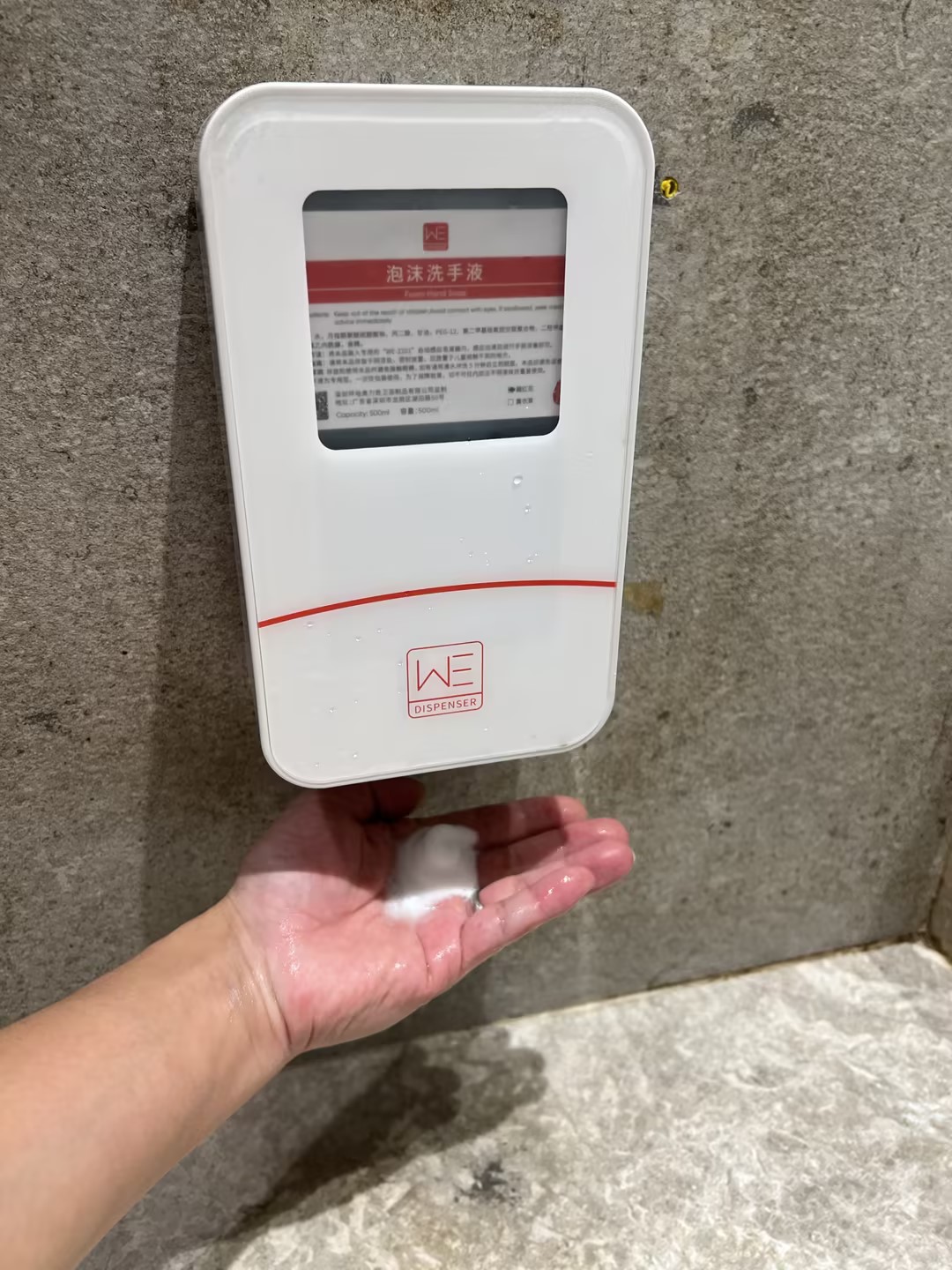For businesses in industries such as hospitality, food service, healthcare, and facility management, maintaining cleanliness is not just about appearance—it directly impacts customer satisfaction, compliance, and brand reputation. One overlooked issue is flies around trash cans, which can spread bacteria, contaminate food, and create unpleasant odors. This guide provides practical solutions for keeping flies away from trash cans in commercial and public environments.
1. Why Fly Control Matters for Businesses
Flies are more than a nuisance—they are health hazards. In restaurants, hotels, hospitals, and factories, a fly infestation can lead to:
– Violations of hygiene and safety regulations
– Negative reviews and loss of customers
– Increased costs for pest control services
By implementing preventive waste management practices, businesses can avoid these risks.
2. Choose the Right Commercial Trash Can
Investing in high-quality, durable trash cans is the first step. Commercial-grade options with tight-sealing lids, hands-free operation (step pedal or sensor), and stainless steel or heavy-duty plastic construction help limit fly attraction. For outdoor use, weather-resistant bins with lockable lids are ideal.
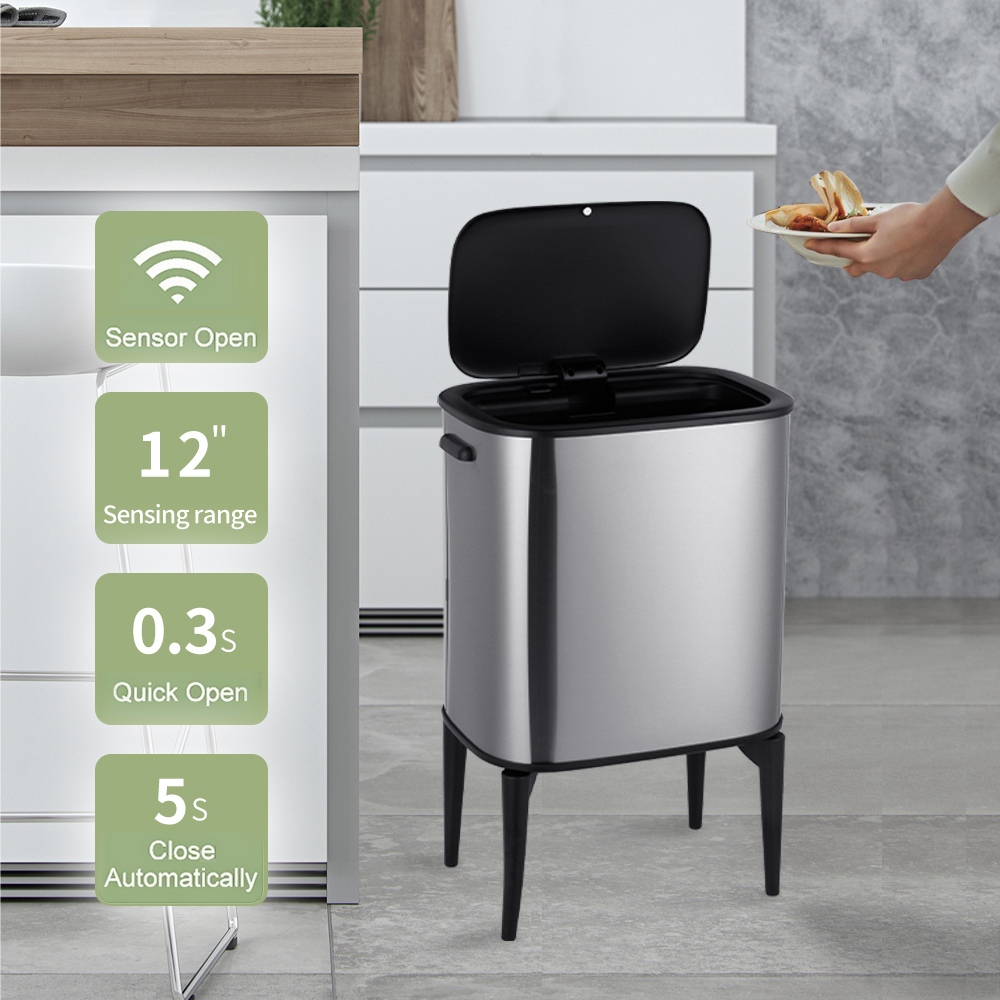
3. Keep the Trash Can Clean
Residue, spills, and leaks inside or around trash cans attract flies quickly. Regular cleaning with hot water and detergent, followed by disinfectant sprays, reduces odors and bacteria. For extra protection, businesses can use deodorizing liners or trash can odor-control blocks.
4. Empty Trash Regularly
In high-traffic commercial spaces, trash builds up fast. Waiting too long to empty bins increases odors and invites flies. Set a strict schedule for garbage removal—daily for indoor bins and at least several times a week for outdoor ones.
5. Manage Food Waste Effectively
Food scraps are the top attractant for flies. Businesses handling food should:
– Double-bag wet or organic waste
– Store waste in sealed containers until disposal
– Consider composting organic waste separately
These practices reduce odor and contamination risks.
6. Use Natural or Chemical Repellents
Flies dislike strong scents such as peppermint, eucalyptus, or vinegar. Businesses can use natural repellents around waste areas to discourage flies. In larger facilities, safe commercial-grade insect repellents or traps may also be necessary.
7. Store Trash in the Right Place
Outdoor bins should be kept in shaded, ventilated, and designated areas away from entrances. This minimizes odors near customer-facing spaces and helps control fly populations. Using secure lids or bungee cords also prevents pests like raccoons or rodents from accessing the trash.
8. Regular Maintenance and Supplier Support
Inspect trash cans for cracks or damage that may cause leaks. Replace old bins with new, durable commercial models. Working with a reliable supplier ensures access to high-quality trash cans designed for hygiene, durability, and pest prevention.
Conclusion
For businesses, fly control around trash cans is not just a matter of convenience—it’s a matter of hygiene, compliance, and customer trust. By choosing the right commercial trash cans, maintaining regular cleaning routines, and implementing preventive strategies, companies can significantly reduce fly problems. Partnering with a trusted supplier ensures long-term solutions that improve both sanitation and operational efficiency.
Here’s how a clean, fly-free waste management setup looks in a commercial environment.
